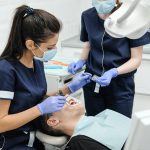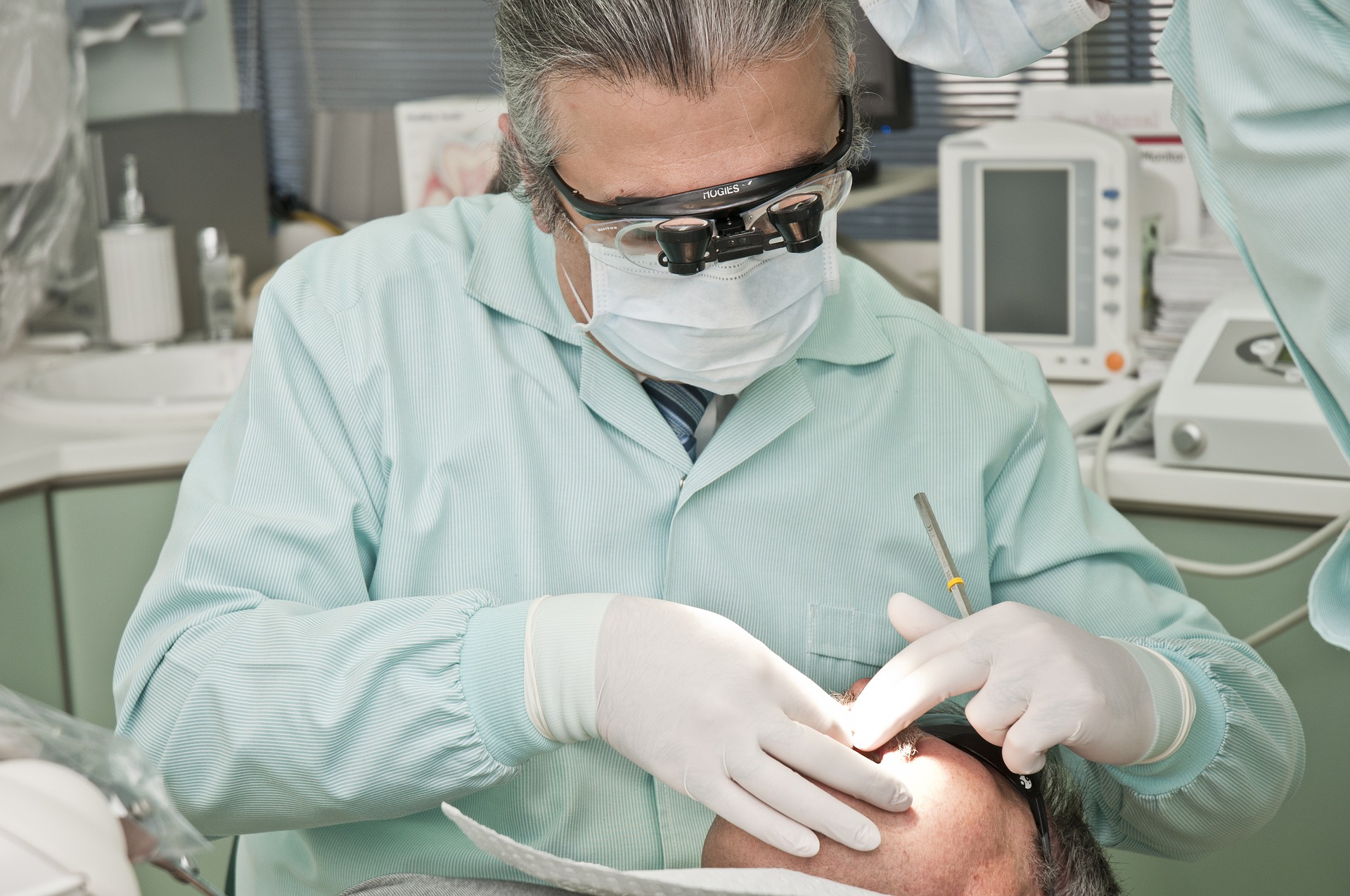Functional Medicine Dietitian: Personalized Nutrition for Root-Cause Healing
Functional Medicine Dietitian: Personalized Nutrition for Root-Cause Healing

In today’s world, where chronic conditions like digestive issues, fatigue, autoimmunity, and hormonal imbalances are increasingly common, more people are turning to nutrition as a cornerstone of healing. A functional medicine dietitian is uniquely trained to look beyond calories and macros to uncover how food interacts with genetics, lifestyle, and health conditions.
By using a root-cause approach, functional dietitians develop personalized plans that support the body’s natural healing processes, reduce inflammation, and restore balance, making them an essential part of any integrative healthcare team.
What Is a Functional Medicine Dietitian?
A functional medicine dietitian is a licensed nutrition expert with additional training in functional and integrative medicine. They don’t just treat symptoms—they seek to understand why a symptom is occurring in the first place. Their role involves advanced assessment of diet, digestion, environment, and lifestyle to create a customized nutrition plan that addresses chronic issues at the root level.
These professionals often work in collaboration with doctors, naturopaths, or health coaches to help patients make meaningful dietary and lifestyle changes that last.
How a Functional Medicine Dietitian Differs From a Traditional Dietitian
While all dietitians are trained in clinical nutrition, a functional medicine dietitian goes several steps further:
Root Cause Focus: Instead of just recommending a low-fat or diabetic diet, they explore the “why” behind the condition.
Advanced Testing: They may recommend stool tests, food sensitivity panels, micronutrient tests, or hormone evaluations.
Whole-Body Approach: Functional dietitians address gut health, detox pathways, stress, and sleep in addition to nutrition.
Personalized Protocols: No generic plans—every strategy is tailored to the individual’s biology and lifestyle.
This approach is particularly useful for people who haven’t found relief through conventional care or who want to avoid medications.
Conditions a Functional Medicine Dietitian Can Help With
Functional dietitians commonly support clients with complex or ongoing health issues. These include:
Digestive disorders like IBS, bloating, SIBO, GERD, and leaky gut
Autoimmune diseases such as Hashimoto’s, rheumatoid arthritis, and lupus
Thyroid and hormonal imbalances including PCOS, adrenal fatigue, and menopause
Food sensitivities and allergies
Weight loss resistance and metabolic syndrome
Chronic fatigue and brain fog
Skin conditions such as eczema and acne
Pediatric concerns like ADHD, picky eating, and digestive complaints
By addressing inflammation, gut health, and nutrient imbalances, functional dietitians support the body’s ability to heal and prevent disease.
What to Expect in a Session
A visit with a functional medicine dietitian is not your typical “eat less and move more” appointment. Here’s what a session often includes:
Detailed Health History: The dietitian gathers extensive information on symptoms, diet, stress, lifestyle, and medical background.
Review of Lab Work: They may interpret existing labs or order new tests to assess gut health, food sensitivities, or nutrient status.
Personalized Plan: Based on findings, you’ll receive a tailored plan including specific foods to focus on, foods to avoid, supplements, and lifestyle strategies.
Ongoing Support: Functional medicine is about progress, not perfection. Most dietitians offer follow-up sessions, email check-ins, and accountability.
Plans may include elimination diets, blood sugar stabilization, targeted supplementation, and lifestyle tools like mindfulness or sleep support.
Tools and Techniques Used by Functional Dietitians
Functional dietitians use a range of science-based tools to support their clients, including:
Anti-inflammatory meal planning
Gut healing protocols (low FODMAP, GAPS, SCD diets)
Therapeutic elimination and reintroduction
Supplement protocols (e.g., magnesium, omega-3s, probiotics)
Lifestyle tracking tools like food journals, symptom logs, and stress assessments
Genetic and microbiome testing when applicable
Everything is designed to empower clients and educate them about how food impacts their unique body.
Benefits of Working with a Functional Medicine Dietitian
The results of functional nutrition often go beyond symptom relief. Clients report:
More energy and mental clarity
Reduced pain and inflammation
Improved digestion and mood
Better sleep and stress tolerance
Healthier skin and metabolism
Sustainable weight management
Perhaps most importantly, they gain a deeper understanding of their body and a practical roadmap for long-term wellness.
How to Find a Functional Medicine Dietitian
Look for dietitians who are:
Licensed or registered (RD or RDN) in your state or country
IFMCP-certified or trained through the Institute for Functional Medicine or a similar program
Experienced in the condition or goals you’re addressing
Supportive and educational, not judgmental or rigid
Many practitioners offer virtual sessions, making it easier than ever to access functional nutrition guidance from anywhere.






